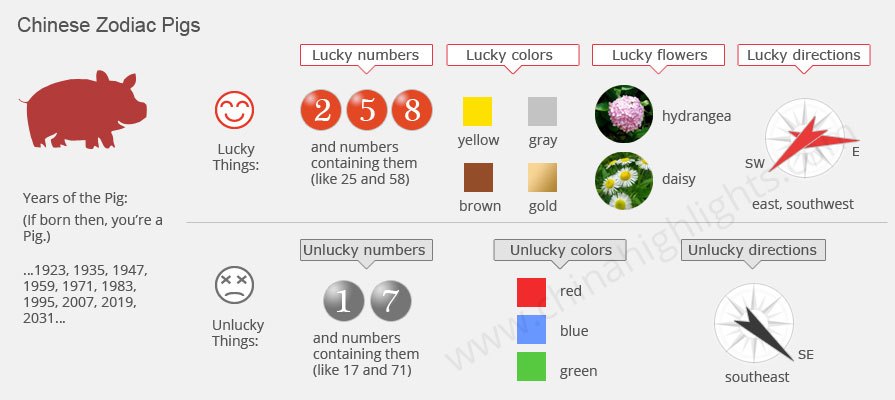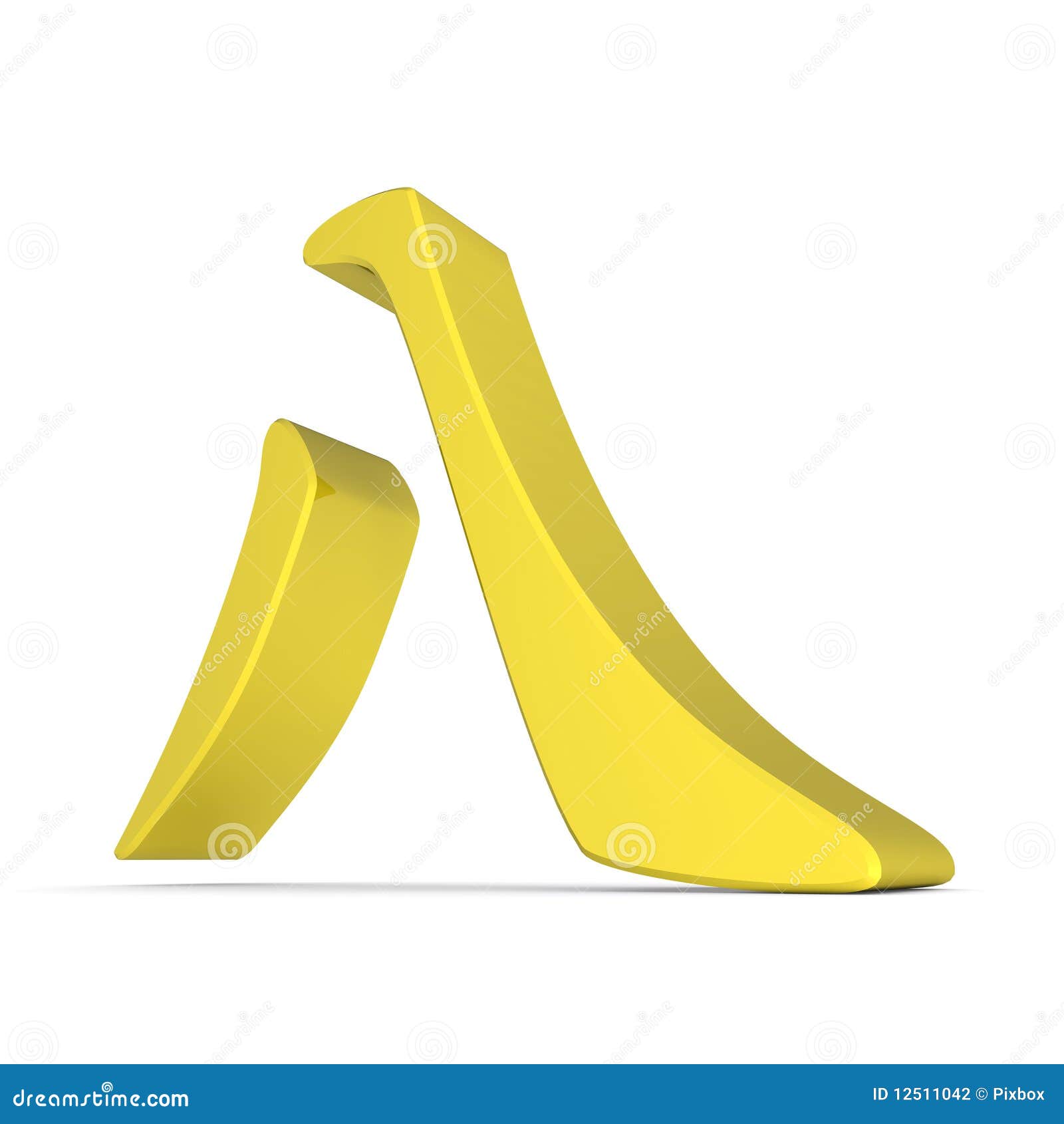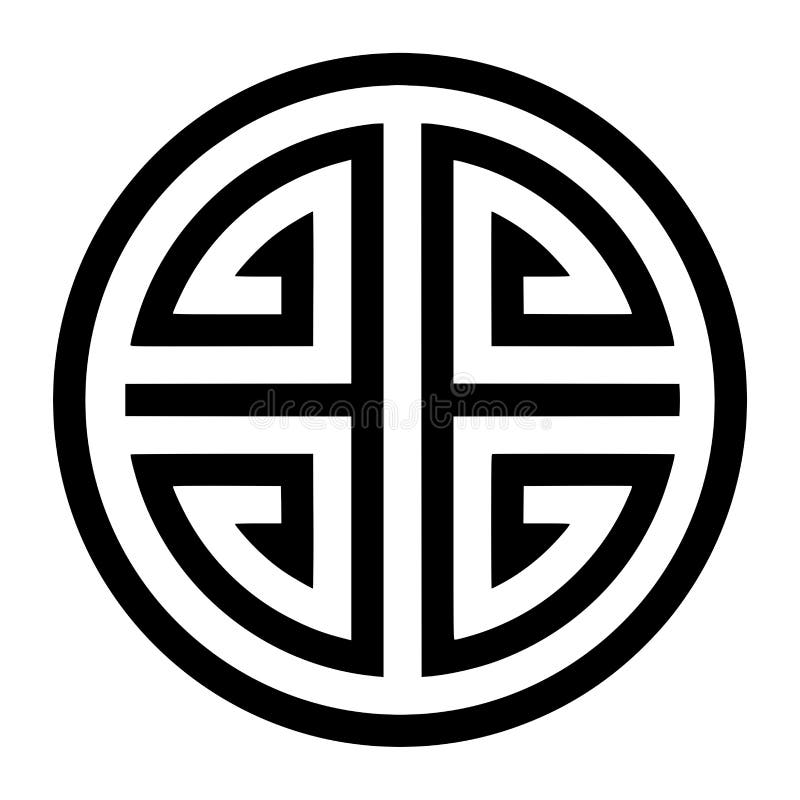It just so happens that the number 68 reminds Chinese speakers of a prosperous life. The number 8 on its own is considered lucky and pervades Chinese consumer pricing as a marketing tool. We find that twenty-six percent of the IPO prices for the Chinese domestic market between 2000 and 2009 end in the lucky number 8. We also find that other lucky numbers, and lucky number combinations, are favoured in Chinese IPO pricing. The number 4, for which the pronunciation is reminiscent of the word death, is also systematically avoided.
In the United States IPO market, most IPO prices are based on the integer. This has been attributed to the negotiation hypothesis, where IPOs priced on the integer signify uncertainty as to the intrinsic value of an IPO. We find no evidence that this is also the case in the Chinese IPO market based on either number 8 or integer price-endings. We do find evidence that issuers and underwriters use number 8 price-endings to capitalise on investor sentiment.
This is consistent with the marketing literature, where the number 8 is consistently used as a price-ending in advertising for Chinese consumer products. Purpose – The purpose of this paper is to examine the stock return impact of "lucky" numbered days in markets dominated by Chinese participants. The existence of such patterns might present arbitrage opportunities for investors who do not share a belief in the Chinese system of "lucky" numbers. The author examines samples which only consider single digit days and months, and the author also considers samples based on the last digit of the day or month. In such markets, prices are more likely to end in a "lucky" number than an "unlucky" number. Chinese firms also tend to price their shares at IPO using "lucky" numbers and avoiding "unlucky" numbers.
4 is well known to be an unlucky number because 四 sounds similar to 死 (sǐ), which means "death" in Chinese. People will go to extremes based on superstitions of the number 4. Houses and apartments that have 4 in the address number will sell for much less than ones without.
Mentioning the number four to an ill family member is considered to be highly offensive, and giving anything with 4 on it to someone can be seen as a death threat. Because of its negative association with death, most people consider this number to be so unlucky that many buildings in China do not even have a "fourth" floor. The number 4 is also unlikely to appear on house/door numbers and car license plates. Whenever, possible, many people will also try hard to avoid choosing telephone numbers that contain the number 4.
Lucky and unlucky numbers in Chinese can be combined to add layers of meaning. 1366 – For many in The West, the number 13 is considered bad luck. But for the Chinese, when combined with 66, it is considered lucky. 13 is pronounced similar to the Chinese word that means a lifetime and 6 represents smoothness. Like 5, 7 has both positive and negative connotations in Chinese culture.
For the positive side, 七 sounds like both 起 (qǐ), which means "start" or "rise", and also 气 (qì), which means "vital energy". Seven is also seen as a lucky number for relationships. The Qixi Festival (七夕節), also known as the Chinese Valentine's Day, falls on the 7th day of the 7th month in the lunar calendar.
The 7th month is also known as the "ghost month" in China, where ghosts and spirits are believed to rise from hell to visit earth. While ghosts may be seen as omens, the ghost festival in the 7th month is widely celebrated. 7 may also be considered unlucky because 七 sounds like 欺 , meaning "cheat". In China, it is customary to regard even numbers as being more auspicious than odd ones.
So, gifts are given in even numbers for the celebration of all occasions. No. 8 has long been regarded as the luckiest number in Chinese culture. With pronunciation of 'Ba' in Chinese, no. 8 sounds similar to the word 'Fa', which means to make a fortune. It contains meanings of prosperity, success and high social status too, so all business men favor it very much. Moreover, in some areas of China, people prefer to pay much more money for a telephone number with 8 in it.
They also favor residences on the eighth floor of buildings. In 1990s, a vehicle identification number with 8 was once auctioned off for 5 million Hong Kong dollars. 6 sounds like the Chinese word "liu" which means "flowing, smooth, or frictionless". As such, 6 implies that "everything will go smoothly" and is considered lucky especially if it comes in multiples.
In feng shui, 6 represents authority and power. Thus, it is particularly appealing to business owners, who are willing to pay extra to occupy buildings at addresses containing the number 6. In China, numerology is more than just a superstition, it's a lifestyle. 'Eight,' for example, is considered a lucky number, so lucky, in fact, that people will splash millions to have a string of eights on their license plates or in their phone numbers. Culture Trip explores which numbers are good and which are bad and what that might mean for you. 3 (三), pronounced san, is considered lucky due to its similarity in sound to the word that means birth.
Additionally, this number represents the three stages in the life of humans - birth, marriage, death - that adds to its importance in Chinese culture. 6 (六), pronounced liu, is considered lucky as it sounds like the word that means 'to flow', and can indicate smooth progress in life. Similar to 8, 6 is preferred in number plates and phone numbers. When a couple gets engaged, the man customarily offers a gift to the girl's family which is usually money and this gift signifies a harmonious life for the couple.
Even numbers are traditionally luckier than odd numbers. When you give a present to your Chinese business partner, even numbered gifts are always better than odd ones. However you should never, ever give someone something in a set of four. Four is China's unluckiest number and it sounds almost exactly like the Chinese word for death. In a country where it is easy for people to choose their own phone numbers, the ones free of the number four are the most popular. Some buildings even skip the floors 4, 14, and 40 to ensure that no harm comes to the inhabitants.
Eight is also a most auspicious number because it rhymes with the word for prosperity. A common saying says "if you want to be wealthy, don't be without the number eight". Eight can be seen in lucky telephone numbers or a series of eights on a license plate. Like the number six, as in the sixth day of the month, the eighth day of the month is considered auspicious for opening a business or getting married.
Four is the unluckiest number in Chinese numerology. The romanisation of the number is 'si', which sounds scarily similar to the word 'si', meaning 'death'. As such, the number should be avoided at any cost. The number is considered inauspicious in Japan and Korea as well, where the words 'four' and 'death' remain homophonous. In fact, the Chinese are so superstitious about numbers, that they will often spend big money for "lucky numbers" in their life. A man in Hangzhou listed his license plate, A8888, for $140,000 online.
In Chinese culture, people believe that lucky numbers can bring them good luck and fortune. In China, lucky numbers have pronunciations that are similar to words with lucky meanings. Number 8 holds huge significance as a lucky number.
To a lesser extent 2, 6, and 9 are considered lucky. As well as these general number superstitions, fengshui and the Chinese zodiac dictate different number luck for different places/people. Chinese firms also tend to price their IPO shares with numbers ending in eight and avoid prices ending in four . These studies find a significant impact of lucky numbers for markets where many or most of the participants are of Chinese extraction. They often used lucky numbers in their buildings and designs, while avoiding unlucky numbers. They also have a saying "good things come in pairs".
Three - The number three is considered lucky because it sounds like the Chinese word for "birth". 4 in China is considered terribly unlucky because it sounds like the word for "death". It is really a bad idea to assign the number 4 to anything. Generally, door numbers and car registration numbers do not contain any 4s, especially not in the last digit-place. Among all the single digit numbers, 2, 6, 8 and 9 are the Chinese lucky numbers.
Their various combinations can be very popular when it comes to be the numbers of address, automobile license, telephone numbers, the opening day of a business and wedding dates. Almost every culture has its own lucky and unlucky numbers and a "number" of reasons and explanations that explain the special story behind each of them. There are plenty of unfortunate and lucky numbers in China and each has its own tale. Who knows, maybe your cell phone number is helping you ring in good fortune or the number of your apartment could be the reason that bad luck keeps appearing at your door. This number is a dreaded number in Chinese superstition and a very unlucky number. This is because it is almost homophonous with the Chinese word 'si' which means 'death'.
Therefore, numbered items in China such as phone numbers, car license numbers and room numbers omit number 4 in them. Similarly numbered products from China omit number 4 in them e.g. According to Christian numerology, the 888 number represents Jesus, and, at times, more precisely 'Christ the Redeemer'. According to Chinese numerology, 888 is a representation of triple fortune. It is because of this reason, addresses, phone numbers, etc. containing this sequence of numbers is considered very lucky. Unlucky NumbersFour - The number four is unlucky because it sounds like the word for "death".
People avoid the number four for their phone numbers and addresses. Many buildings skip all the floors with the number in them including 4, 14, and 24. Some skyscrapers won't even have the floors 40-49. Eight is a very lucky number in Chinese culture. The number '8' in Chinese sounds very similar to the word 'Fa'. Fa means prosperity, success, social status, or wealth.
8 is also known to be extra lucky in the game keno. Harmony and balance are important in Chinese culture. As such, even numbers are favored over odd ones. The number six represents success, while the number two represents harmony. The association of numbers with luck is also present in the business environment in China. Some businesses will even go as far as to have big events or opening on specific days that have certain associations.
For examples, if the business dealing is done on the 8th, it will have luck. And other similar numbers have been connected to the ancient Chinese game keno. In keno luck plays a huge part in the outcome of the game. And some numbers are believed to be winning more often than others. The unlucky numbers are four, five, six, and seven. Number four is considered an unlucky number in Chinese because it is nearly homophonous to the word death.
Number five can represent "me" in Mandarin and it is usually included with not. Six in Cantonese has a similar pronunciation to the word Lok6 meaning to drop, fall, or decline and can make unlucky combinations. In the Chinese culture there are lucky and unlucky numbers in their culture. In total there are seven lucky numbers and four unlucky numbers. Numbers have always played a significant role in Chinese culture.
People in China traditionally combine their fortune with lucky numbers. They believe lucky numbers can bring them good luck. The number 3 is a lucky number according to Chinese numerology. In the ancient times, there were lots of fine combinations of the number 3. And for the pronunciation, it's similar to "life" in mandarin Chinese, with a positive connotation. 6 is pronounced "liu" in Mandarin Chinese, and this sounds like the Mandarin Chinese word meaning "flowing, smooth, or frictionless".
Therefore, the number 6 has the meaning of "everything will go smoothly" and is considered lucky especially where it occurs in multiples. In feng shui, the number 6 represents authority and power. Is well known to be an unlucky number because 四 sounds similar to 死 (sǐ), which means "death" in Chinese. Did you know that if you press a Chinese elevator button to go to the 50th floor of a building, you may actually only be going to the 35th floor?
The Chinese have many superstitions about numbers, often related to similar-sounding words in the Chinese language, which are called homophones. Chinese' fondness for 8 can be seen in many other cases, such as house numbers, phone numbers, number plates, wedding dates, the date for opening a business, and so on. 8 is considered lucky and favored by Chinese because it holds meaning in both traditional and modern cultures. Chinese numbers are often thought of lucky when their pronunciations are similar to a Chinese word that carries a positive meaning or auspicious connotation.
Like the westerners have a reason to believe that number 13 is unlucky, Chinese people also believe certain numbers are unlucky and try to avoid them as much as they can. Number 8 holds huge significance as a lucky number . To a lesser extent 2, 6, and 9 are considered lucky . Some numbers are believed by some to be auspicious or lucky or inauspicious or unlucky based on the Chinese word that the number sounds similar to. The numbers 3, 5, and 8 are generally considered to be lucky, while 4 is considered unlucky. These traditions are not unique to Chinese culture, with other countries with a history of Han characters also having similar beliefs stemming from these concepts.
To find your life path number in numerology, which is the most significant of your lucky numbers, start by breaking down your birth month, day, and year into single digits. Then, add the single digits for each part of your birthday together. Numbers and colors had great meaning and played an important role in the culture of Ancient China. Some were considered lucky, while others were considered unlucky and should be avoided. Some were so special they were reserved for the emperor alone.
The number Eight in Chinese sounds like "prosperity" or "wealth", so it is considered a lucky number. Large sums have been paid to obtain combinations with this number in license plates and mobiles. The numbers that are generally considered lucky in China are those that sound similar to words with lucky meanings. Throughout the rest of the article, we will discuss the exact general lucky numbers in China and what makes them so special. We will also discuss a few of the important lucky number combinations.






























No comments:
Post a Comment
Note: Only a member of this blog may post a comment.